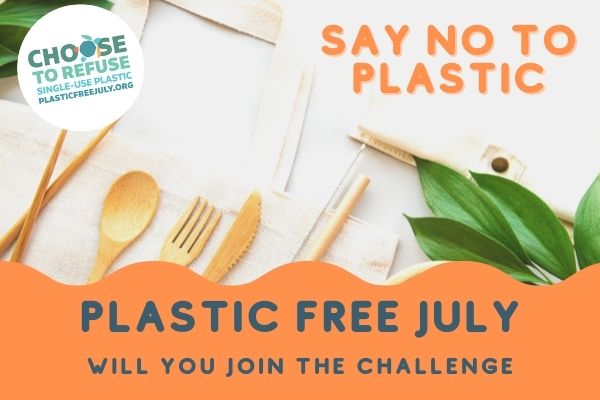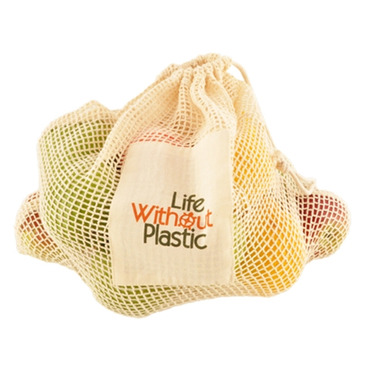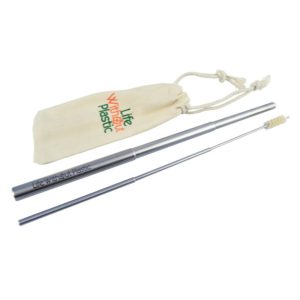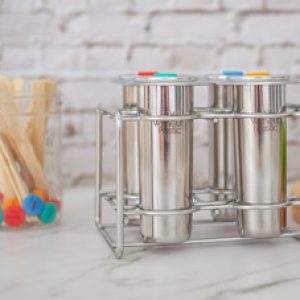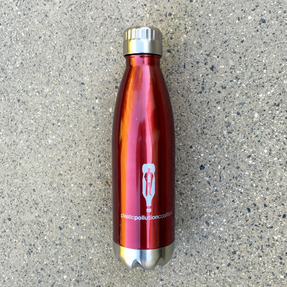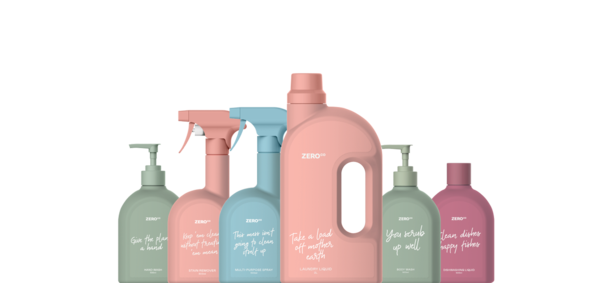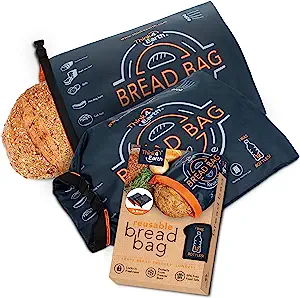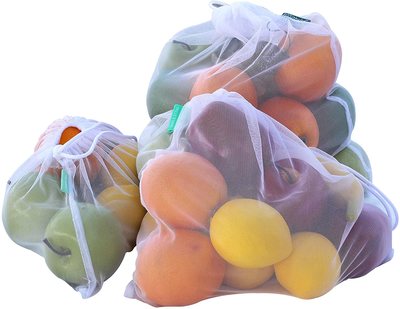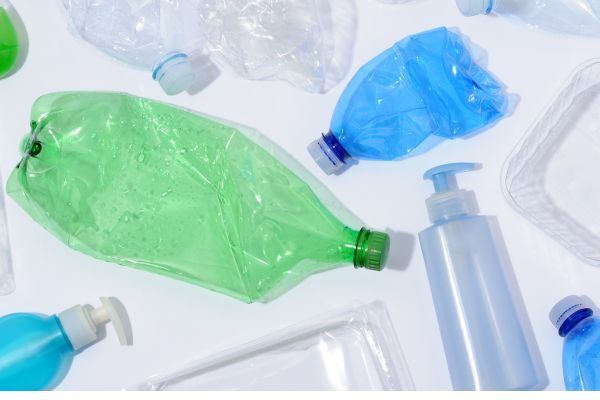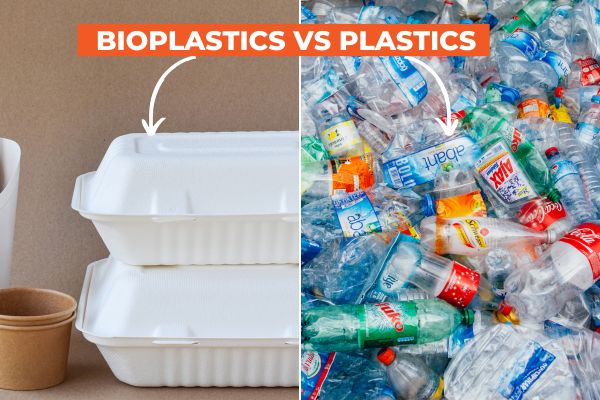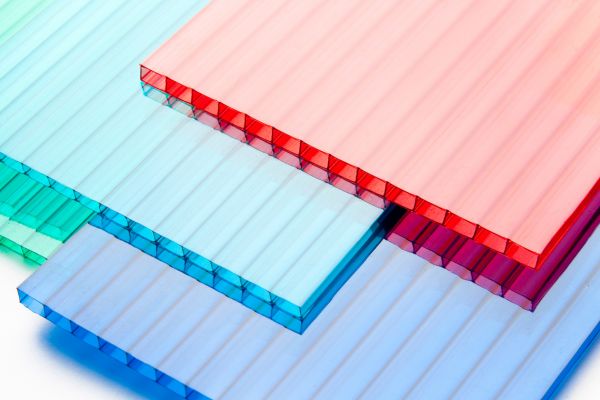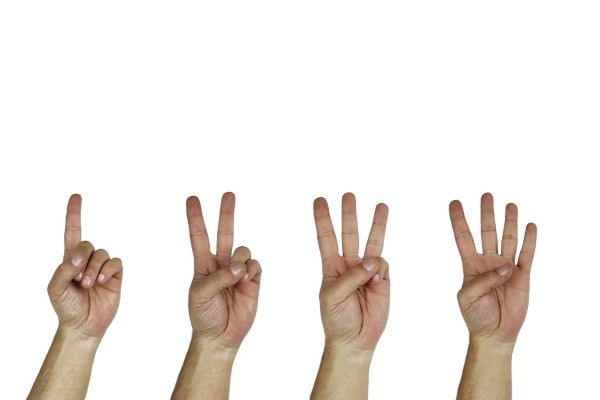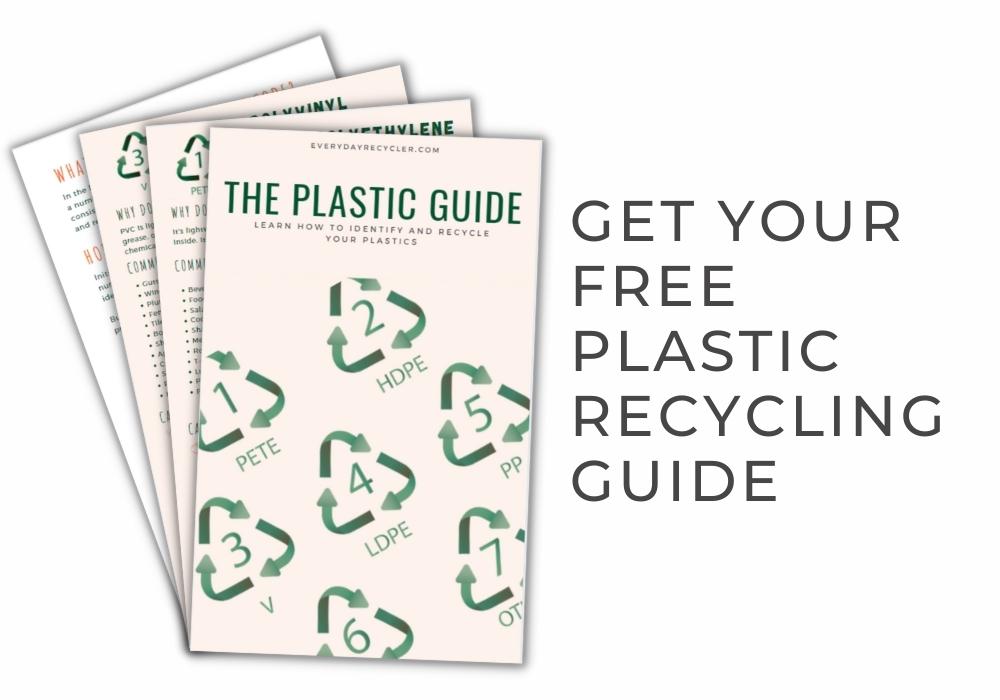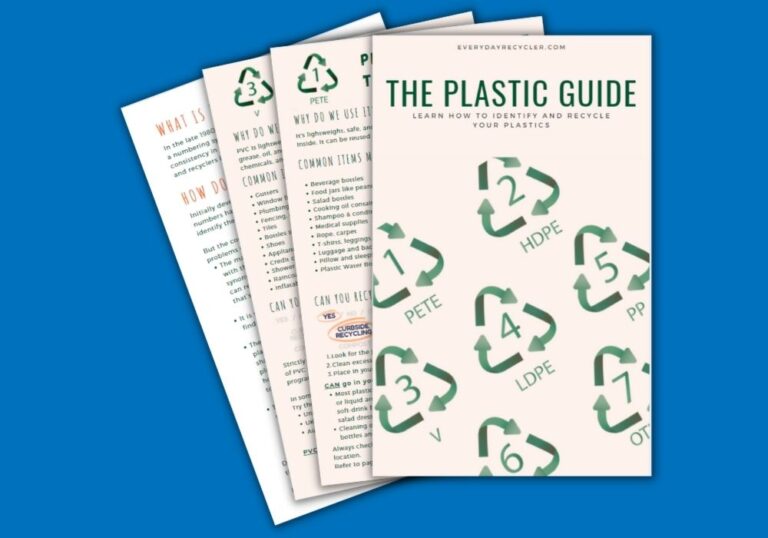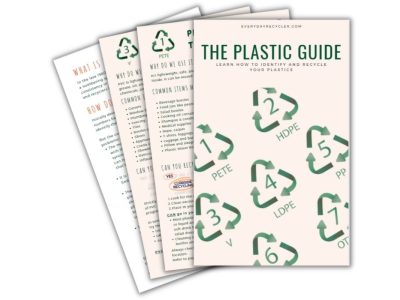Plastic Free July starts soon. Are you joining the challenge this year?
Plastic pollution is said to be the most significant environmental issue we face in current times. It’s estimated that roughly 11 million tons of plastic reach the oceans every year, expected to grow to 29 million by 2040.
Single-use plastics are one of the biggest contributors to plastic pollution across the world. These convenient items make up 40% of the plastic produced globally. That’s 40% of approx. 381 million tonnes of plastic every year.
Every day we come into contact with single-use plastic many times. Some common items you might encounter include plastic cutlery, straws, coffee cups, food wrappers, plastic bags, and plastic water bottles.
Plastic Free July was started back in 2011 in Australia, nowadays millions of people worldwide take part. The mission of Plastic Free July is to work towards a world free of plastic waste so that we can have cleaner streets, oceans, and beautiful communities. A mission shared by Everyday Recycler.
By joining Plastic Free July, you will be choosing a future with less plastic waste, helping to protect the environment and create cleaner communities and oceans.
Are you going to join in and refuse single-use plastic for July?
Leave a comment below and tell us what you are giving up this Plastic-free July.
So How Does It Work?
Simply take the pledge to give up single-use plastic for the month of July. You can commit to giving up as much or as little as you like. Every small action helps.
You can participate in Plastic Free July at home, in your community, at your workplace, or in your business, school, or university.
Here are our top 6 tips for a great Plastic Free July.
1. Start Small
You can easily get overwhelmed by all the plastic in your life and not know where to start. We recommend starting with one item, and if you are successful, you can then add another.
Just pick one item to give up or replace. It might be your takeaway coffee cup or maybe plastic water bottles. Give it a few days or even a week and if it’s going well, add a second item.
Below we give you some simple swaps you can make to replace your single-use plastics.
2. Make The Swap
Here are some easy swaps to start your plastic-free journey. These are the top four single-use items that we encounter, and they all have easy swaps you can make to reduce your impact.
The top four include plastic shopping bags, plastic water bottles, takeaway coffee cups, and plastic straws. There are many reusable options to replace these single-use plastic items.
Here are some great products we recommend to get going with replacing these items.
3. Buy In Bulk
Choosing to buy items in bulk can save on packaging. A lot of the packaging for food is single-use, so we save this packaging when we buy in bulk.
Bulk food stores are a great place to stock up and fill your pantry. Don’t be afraid to give it a go. You can usually take your own reusable containers or bags, or many provide you with paper bags.
If you are not lucky enough to have a bulk food store nearby, then you can still choose to buy in bulk. Many supermarkets offer items in bulk bags or containers. These will not only last longer but help to reduce the amount of plastic packaging you use.
4. Get your refills
As well as being able to get refills at bulk food stores, there are services that you can sign up to that will provide refills for you. Companies like Zero Co in Australia or Loop in the US and UK are creating reuse models that significantly reduce the amount of plastic. How do they plan to do this? By reducing the production of new single-use plastic
If you live in the US or UK, then why not give Loop a go. Owned by Terracycle, a global leader in the recycled space, Loop is building a global reuse system that provides the same convenience and affordability as our current throw-away lifestyle. But in their system, nothing gets thrown away.
When you purchase through the Loop program, you are charged a refundable deposit to borrow the packaging.
Once you’ve finished with the product, you schedule a pickup or drop off the used packaging in-store. Loop will then professionally clean it and reuse it over and over again.
No more waste and the resources used to make the packaging stay in use longer, making it more efficient.
You can get many of your favorite brands through the Loop program. Here are the links:
US – Loop has partnered with Walgreens and Kroger
UK – Loop they have partnered with Tesco
Loop is expanding across the globe, so keep a lookout if wherever you live. Plus, they have some great plans for the future.
If you live in Australia then try Zero Co. They collects and transforms plastic pollution into reusable and refillable dispensers, called “forever bottles”. They delivered these bottles to your door along with a set of refill pouches made from recycled plastic. Once you’ve used the refills, you send them back to Zero Co, where they wash and refill the pouch, reusing it over and over again. That means no more single-use plastic, for good!
5. Bring Your Own Containers
There are many places where it makes sense to take your own containers instead of getting products wrapped in plastic or plastic bags. You can try it at your local bakery or butcher.
At the Butcher
Many meat and fish products are still sold on polystyrene or styrofoam trays. Polystyrene is very difficult to recycle and can be hazardous when it gets into the environment.
Talk to your local butcher or supermarket and ask them if you can bring your own containers. Many will be happy to let you, and it saves them some money too. Try discussing with them the benefits of switching to more sustainable packaging like biodegradable trays.
At the Bakery
Similarly, there is a great deal of plastic used to package baked goods like bread and bread rolls. By avoiding these single-use plastic bags, you can stop them from reaching landfills or, worse, making their way to the waterways and oceans. Plastic bags will take many years to degrade; however, they will break up into smaller pieces and become hazardous for animals.
These bags by Think4Earth are a great option for taking your own bread bag.
At the Fruit and Vegetable Store
Another place you can have an impact is when you visit the fruit and vegetable store. Instead of wrapping your vegetables in plastic bags, why not go naked. It might seem convenient, but most fruit and vegetables don’t need to be packaged in plastic. Another option is to try reusable produce bags. We have been using these for the past few years and find them really great.
6. Be A Conscious Shopper
Sometimes the best thing you can do is to be more aware and mindful. So often in our lives, we are distracted or busy and find ourselves walking out of a store with a plastic bag before we even thought to say “no thank you”.
This Plastic Free July, try to be more aware. Stop and consider what you are buying and if there is a better option for the product and the packaging.
Think to yourself, “Do I really need a takeaway coffee, or can I actually stop for 15 minutes and sit down and relax with a cup?”
Try to create some good habits for taking your own reusable bags or other items. Leave them by the door, put sticky notes around the house, or reminders on your phone. Once you have created these habits, they will stick with you.
Have a read of our articles:
6. Spread the Word
Share your experience with everyone.
If you find a great solution or single-use plastic swap share it with your friends. These days we are connected more than we ever were to friends and family. Share your Plastic Free July experience and help to encourage more people to give up plastic.
The Wrap
Plastic Free July can be as much effort or as little as you want. Just joining in and getting started on your journey to reduce single-use plastic is a great step.
So head over to the Plastic Free July website and MAKE YOUR PLEDGE.
We’d love you to leave a comment below and tell us what you are giving up this Plastic-free July.
And remember, you don’t have to stop at the end of July. Why not stick with less plastic throughout the year!
Sources
- Earth.org, 2020, The Biggest Environmental Problems Of 2021
- Plastic Free July Website


